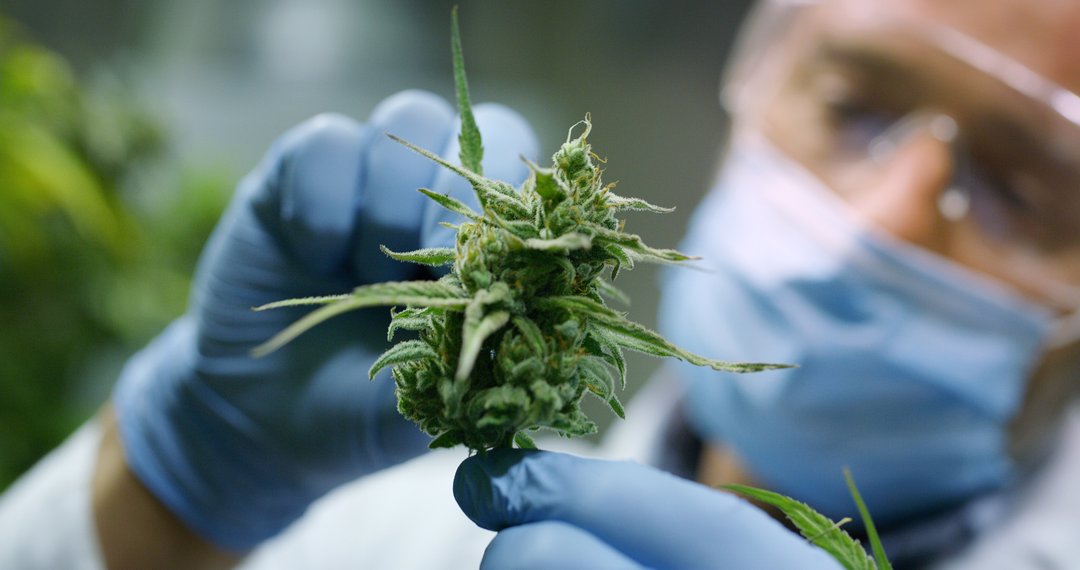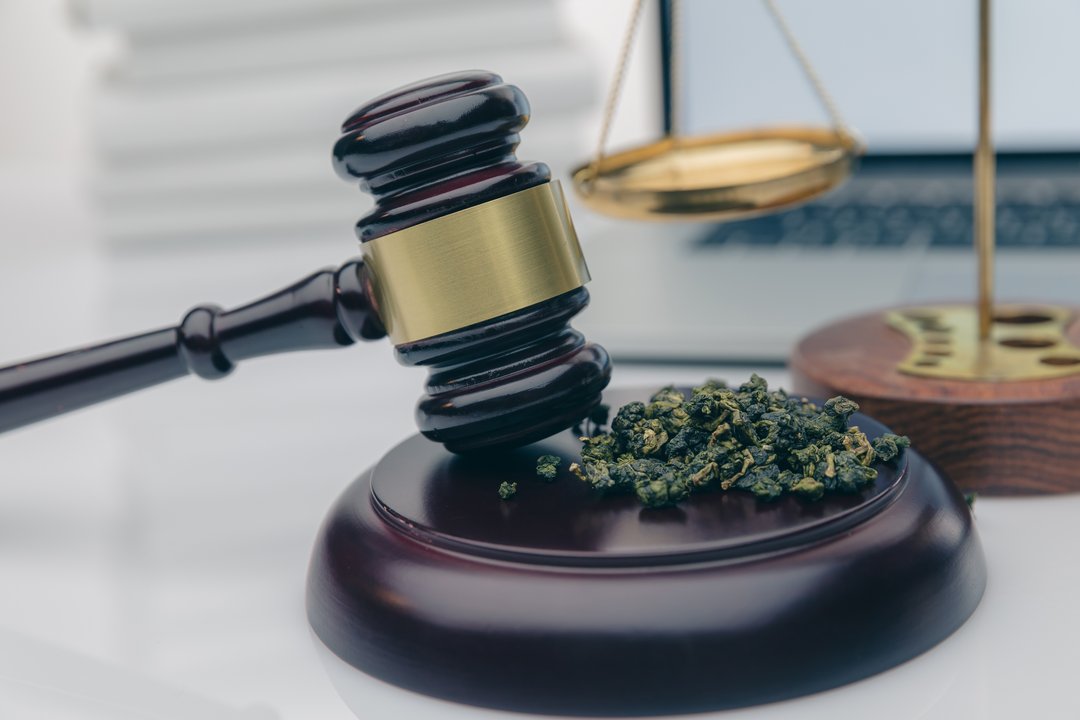Then, in 1970, hemp was outlawed as a Schedule I drug, with strict restrictions on its cultivation.
Legalization of Hemp in the United States
Hemp started its American comeback in the 1990s when the U.S. began importing hemp seed and oil. Then, in 2004, the Ninth Circuit Court ruling in
Hemp Industries Association vs. DEA favored protecting hemp-based foods and body care products.
Three years after this ruling, two farmers in North Dakota were granted the first hemp licenses in fifty years.
Then, the 2014 and 2018 Farm Bills paved the way for further hemp legalization. The 2014 bill, signed by President Obama, allowed institutions of higher education and state agriculture departments to grow hemp under a pilot program.
The 2018 Farm Bill, signed by President Trump, removed the hemp plant, its seeds, and its derivatives from the Controlled Substances Act. This law, in turn, legalized hemp-derived CBD, Delta-8 THC, Delta-9 THC, HHC, and other cannabinoids on a federal level.
Since then, states have legalized hemp or imposed various restrictions on hemp-derived cannabinoids.
Marijuana Legality in the United States
By the late 19th Century, marijuana was prevalent in many medicinal products and pharmacies. Stigmatization of marijuana, and cannabis in general, came after the 1910 Mexican Revolution.
During this period, the United States saw an influx of war refugees, political exiles, and immigrants from Mexico who wanted to escape the violence. Historically, whenever an influx of immigrants comes into the United States, they bring in a lot of contributions to American society and culture. Recreational marijuana was just
one of the contributions made by this influx.
Unfortunately, such waves of immigration have always been met with prejudice. Marijuana use became paired with prejudices against these immigrants and other racial minorities. This discrimination, in turn, led to states making marijuana illegal. By 1931, 29 states banned marijuana.
A few years later, President Roosevelt signed the Marihuana Tax Act of 1937. It was the first time federal criminal penalties were applied to not just marijuana but all cannabis.
Laws on marijuana only became stricter from there on out. In the 1950s, the U.S. federal government established mandatory sentences for drug-related offenses.
Controlled Substances Act & The War on Drugs
In 1970, the mandatory sentences were repealed, but Congress passed the Controlled Substances Act, which outlawed cannabis for any use.
Then, in 1972, Congress created the "National Commission on Marihuana and Drug Abuse" led by Governor Raymond P. Shafer, also known as the Shafer Commission. The focus of this commission was to review the effects of marijuana.
The final report of this commission recommended that marijuana should be decriminalized. This notion was rejected by President Nixon.
Restrictions on marijuana grew even tighter in the 1980s when mandatory drug sentences were re-enacted by President Ronald Regan.
Legalization of Marijuana in the United States
Marijuana legalization in the United States began in California in 1996. The Golden State passed Proposition 215, which allowed for the sale and use of medicinal marijuana for patients with cancer, AIDS, and other severe diseases. Other states began to follow suit.
In 2012, Washington and Oregon became the first two states to legalize marijuana for recreational use. Much like the legalization of medical marijuana, other states have legalized marijuana for recreational purposes.
As of now, medical marijuana is legal in 36 states, and recreational marijuana is legal in 17 states.
In recent years, members of both the House and Senate have brought up the notion of legalizing marijuana on a federal level.
A 2021 poll held by
The Economist and YouGov found that 61% of Americans think that marijuana should be made legal in the United States.
What is the Difference Between Hemp and Marijuana?
Simply put, hemp is cannabis that contains 0.3% Delta-9 THC or lower by dry weight, and marijuana contains more than 0.3% Delta-9 THC.
That's it.
So now you know:
- Hemp and marijuana are the same species
- Historically, hemp has been used for industrial purposes
- Marijuana has been used throughout history for recreational and medicinal purposes
- Hemp has been legalized on a federal level, but Delta-8 and CBD are illegal in a few states
- Marijuana remains illegal on a federal level but is legal in several states
THC Legality and Purchasing Online
There's a common misconception that all THC is illegal on a federal level, which is understandable. However, due to the 2018 Farm Bill, certain types of THC and concentrations of THC are permitted.
What are these exceptions?
The first exception is
hemp-derived Delta-9 THC. Although Delta-9 is heavily associated with marijuana, as stated before, it's also present within hemp plants.
Hemp-derived Delta-9 THC is federally legal if sourced from hemp and consists of no more than 0.3% of the product's dry weight. For example, hemp-derived Delta-9 edibles exist because THC takes up no more than 0.3% of the product's weight (minus any moisture).
Because of this concentration limit (not the milligram limit), you can have hemp-derived Delta-9 edibles between 5mg and 300mg depending on the edibles' weight. A larger edible will be able to contain more Delta-9 than a smaller edible.
However, hemp-derived THC doesn't end there. There are other variants that, because they are a separate cannabis compound from Delta-9, don't have any concentration limit. These include
Delta-8 products, HHC products, and other novel forms of THC.
Buy Hemp-Derived THC Online
Can you buy hemp-derived THC online? Yes, of course (from this exact website, to be precise).
Unlike marijuana, hemp products are legal on a federal level. Because of hemp's federal legality, a distributor can ship it across state lines to your front door if you're 21 or older and live in a state where hemp-derived cannabinoids are legal.
Questions?
Now in this blog post, we've covered a lot.
There are entire books on the history and legality of hemp and marijuana.
However, if you'd like to know anything about hemp-derived THC, we'd be more than happy to help!
"Is Delta-8 THC legal in my state?"
"Which product should I try out first?"
We have hemp experts waiting to answer your questions. So reach out to us via:
- Email - store@hometownhero.com
- Phone - (512) 551-0345
- Or find us on social media @HometownHeroATX
We're always ready.


